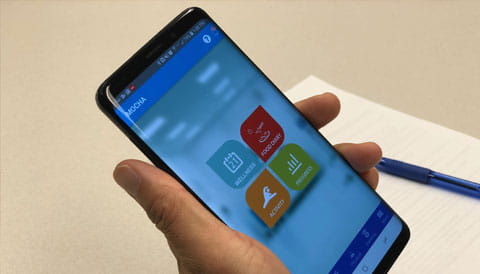Systems Medicine and Bioengineering (SMAB)
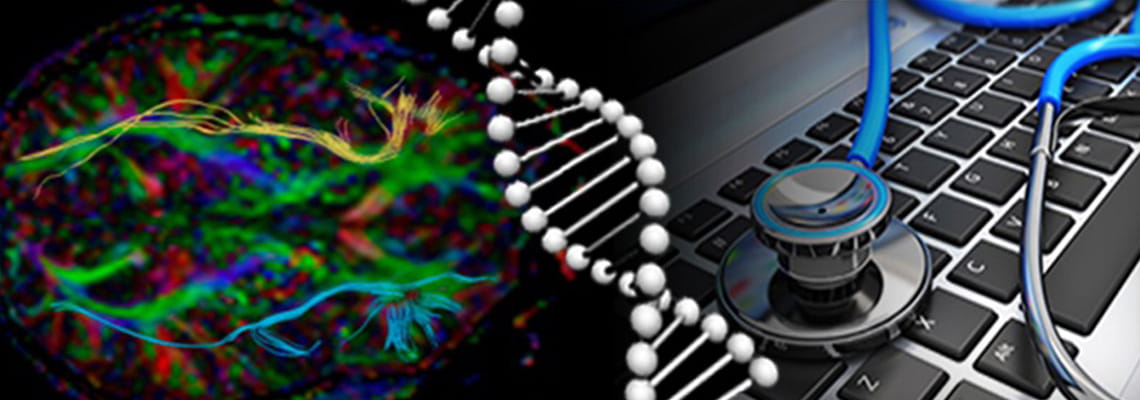
We start with a focus on biology
in the fields of Cancer, Alzheimer’s disease and related disorders, Stroke, and Diabetes.
Whether we are engineering or modeling cells and tissues, exploring and analyzing large datasets, developing new imaging devices, or producing novel therapeutic or diagnostic systems, our problem statement in research and healthcare always starts with the biology underlying the disease process, therapy, or system.
Mission of SMAB: To combine bioengineering with systems medicine to better understand disease origins and mechanisms, leading to the discovery of new drugs and biomarkers, and the development of advanced devices for improving diagnosis and treatment, especially for cancer, neurological, and metabolic disorders.
Our systems medicine research provides new avenues to understand the causes of diseases, identify biomarkers, discover therapeutic targets, and attain precision in disease management.
|
Research Areas: Diseases:
|
Methods and Technologies:
|
Our work at Houston Methodist has led to clinical trials among all our research areas. We are also training a new generation of physicians and scientists to use systems approaches to medicine.
Stephen Wong, PhD, PE
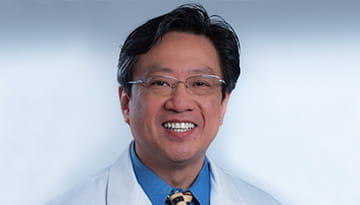
Scientists repurpose drug to treat ovarian cancer
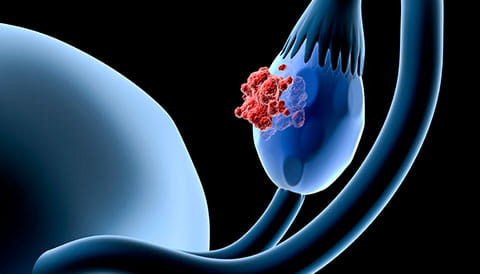
Contact
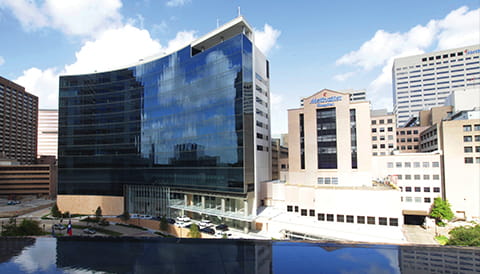
Systems Medicine and Bioengineering
Houston Methodist Neal Cancer Center and Research Institute
6670 Bertner Ave.
Houston, TX 77030
Smartphone App Improves Health of Breast Cancer Survivors
